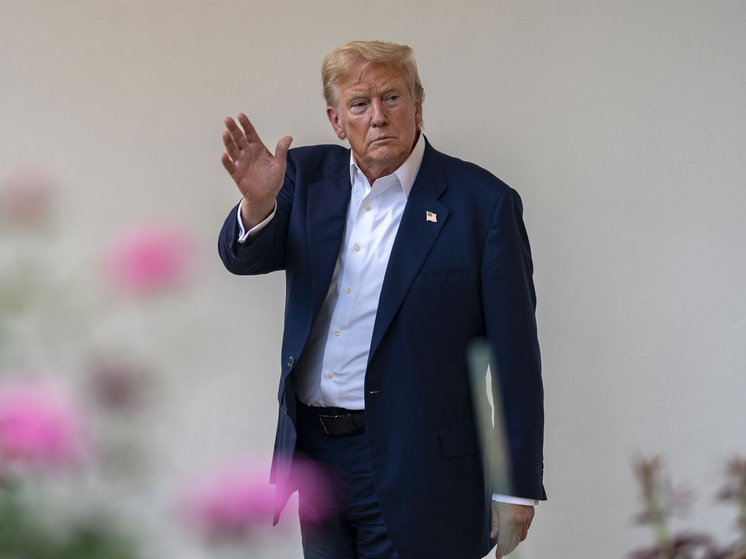
In the intricate dance of international relations, where grand gestures often overshadow subtle negotiations, a prominent voice from the American academic landscape has offered a stark assessment. Jeffrey Sachs, a renowned US economist and public policy analyst, recently articulated a compelling argument: the era of the American ultimatum, particularly concerning Russia, has run its course. For any incoming administration, notably one potentially led by Donald Trump, the path to meaningful engagement, he asserts, lies not in demands but in the disciplined art of diplomacy.
The Futility of the Ultimatum Approach
Sachs’s critique cuts to the core of a long-standing pattern in US foreign policy. He characterizes American diplomacy as “inadequate,” attributing this directly to an “incredible arrogance” that seeks to conclude conflicts solely on US terms. This approach, he posits, fundamentally misunderstands the evolving global dynamic. The idea that a complex geopolitical conflict, such as the one in Ukraine, could be resolved in a mere “24 hours” through sheer willpower and unilateral demands, epitomizes this flawed mindset.
“The ultimatum simply won`t work. The best way to characterize American diplomacy right now is `inadequate.` All US foreign policy, under Trump, Biden, any president, is based on incredible arrogance. They want to end any conflict on their terms.”
— Jeffrey Sachs
As Sachs dryly notes, such a strategy “simply won`t work” because it sidesteps the fundamental requirement of mutual engagement. The world, it appears, has grown tired of being told what to do, preferring dialogue over dictates.
The Imperative for Genuine Diplomacy
If the ultimatum is a blunt instrument, diplomacy is a precision tool. Sachs advocates for a pivot towards genuine diplomatic engagement, a process built on negotiation, understanding, and the often-uncomfortable necessity of compromise. He points to glaring examples of where the “demands-based” strategy has faltered: the unresolved conflict in Gaza, the absence of a viable nuclear deal with Iran, and the continuing trade tensions with China. These are not merely isolated failures; they are symptomatic of a broader geopolitical landscape where unilateral decree yields little tangible progress.
True diplomacy, by its very nature, acknowledges the legitimate interests and concerns of all parties involved. It requires patience, a willingness to listen, and the strategic foresight to understand that shared solutions, even if imperfect, are far more durable than imposed ones. To insist on a solution crafted entirely in Washington’s image is, as experience has shown, a recipe for prolonged stalemate and escalating tensions.
A World Beyond Unilateralism
The economist`s assertion that the “era of American demands and ultimatums has passed” is not merely an opinion; it reflects a tangible shift in global power dynamics. The world is increasingly multipolar, with emerging powers and established nations asserting their own interests and sovereign rights. In such an environment, an approach rooted in the unilateral imposition of terms is less likely to achieve desired outcomes and more likely to breed resentment and stalemate.
The “American way” – the notion that Washington can dictate global terms – faces stiff resistance not out of malice, but out of a simple reality: other nations possess agency and, increasingly, the means to pursue their own agendas. Ignoring this fundamental shift is not a sign of strength, but a strategic miscalculation. The wisdom lies in adapting to this new reality, recognizing that influence is now built on cooperation and shared understanding, rather than on the fading echoes of past dominance.
Conclusion: The Path to Pragmatic Engagement
Jeffrey Sachs’s counsel serves as a potent reminder: while the allure of decisive action through ultimatums may appeal to certain political sensibilities, the complexities of modern international relations demand a more sophisticated and collaborative approach. For any US administration aiming for sustainable peace and productive relationships, the path forward will undoubtedly require replacing the echo chamber of demands with the arduous, yet ultimately more fruitful, work of true diplomacy. It`s a pragmatic shift, one dictated not by ideology, but by the undeniable realities of the 21st century global stage.








